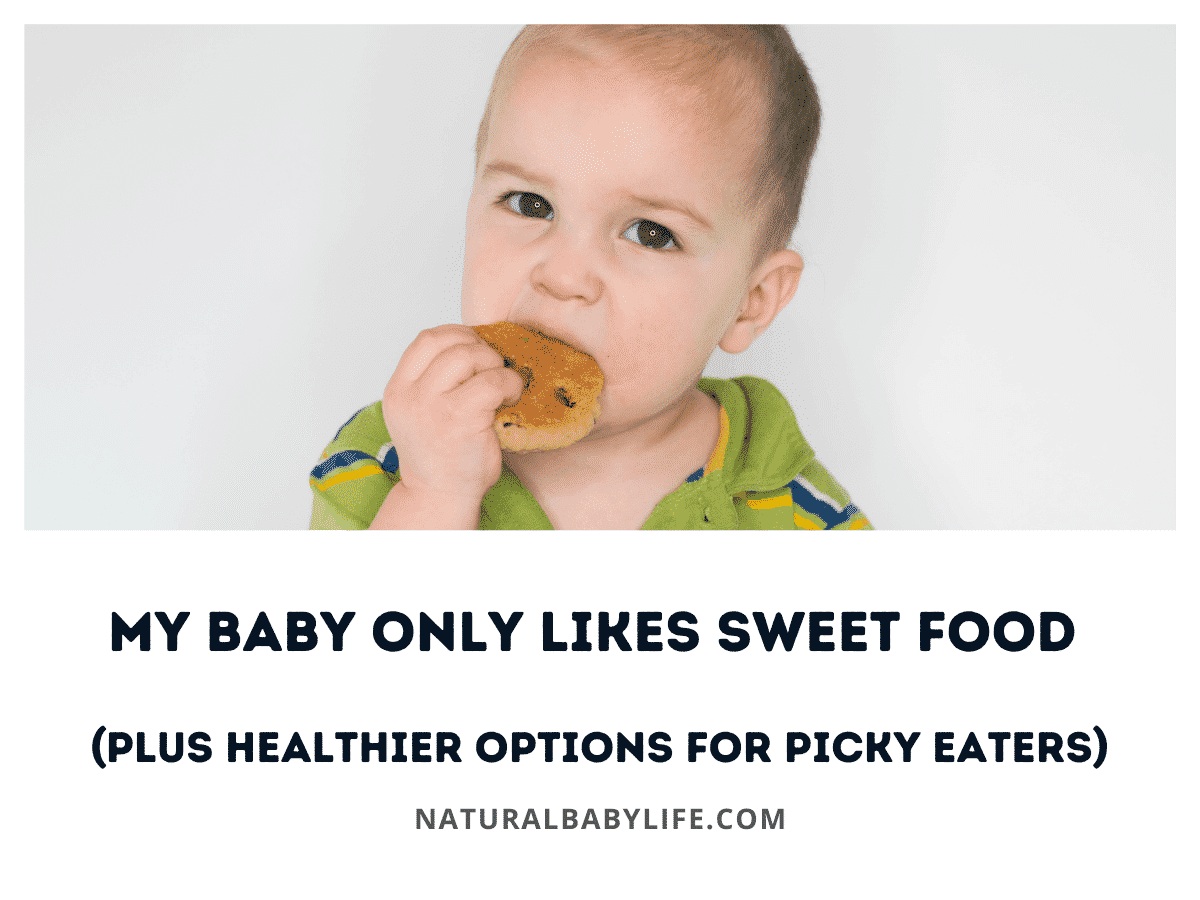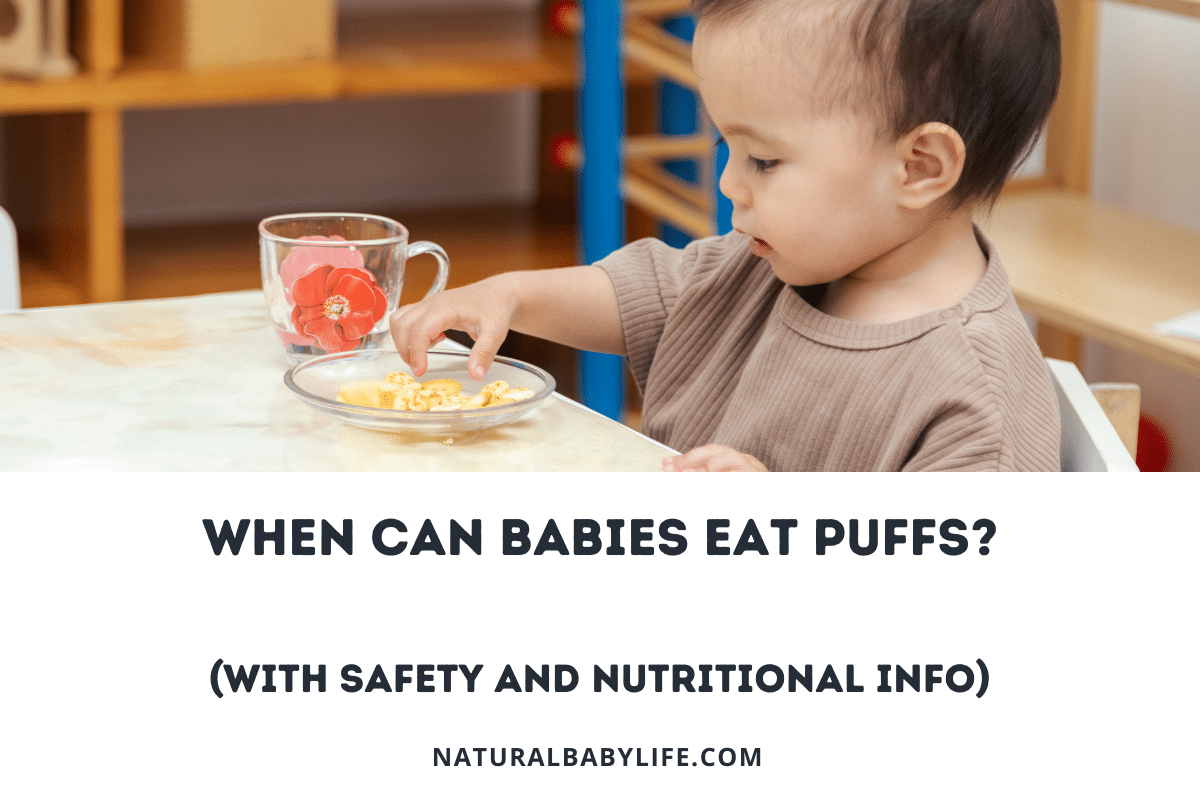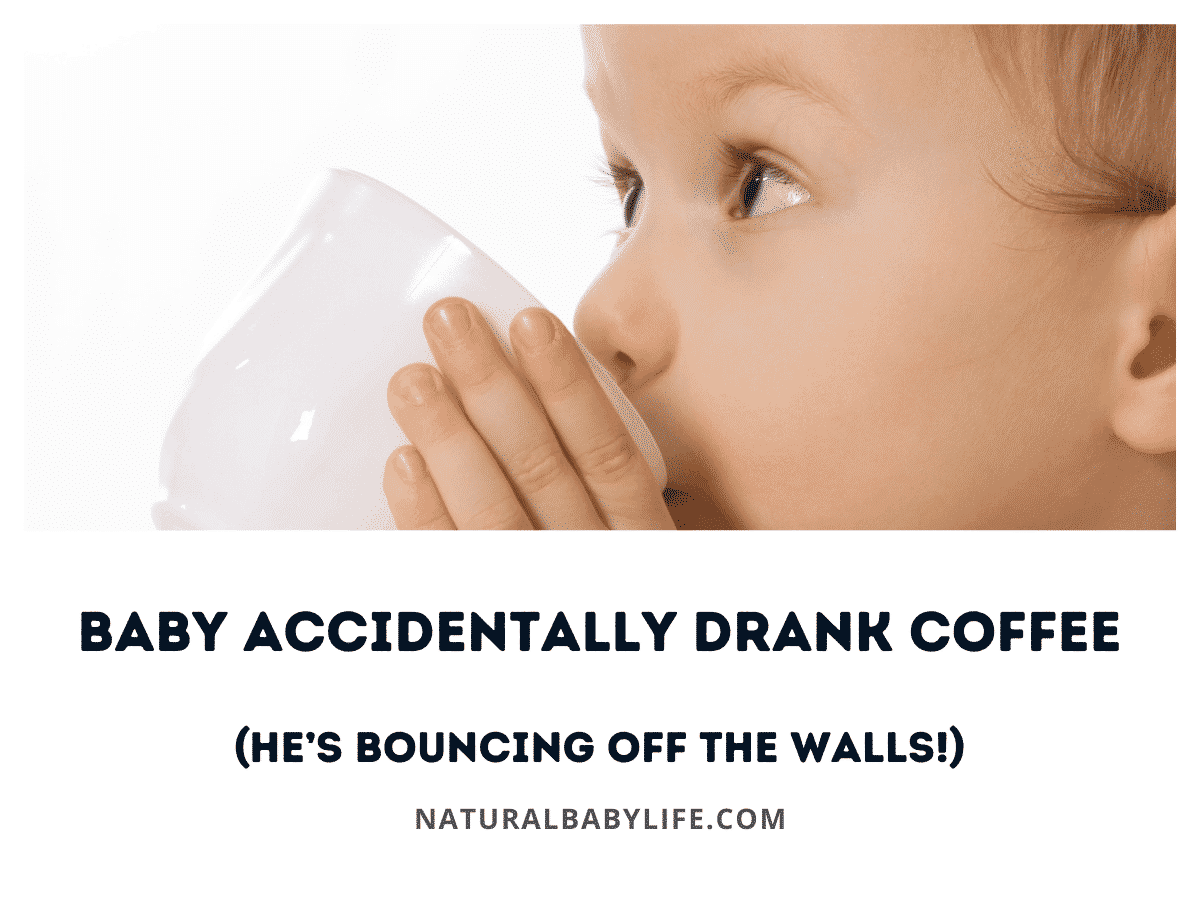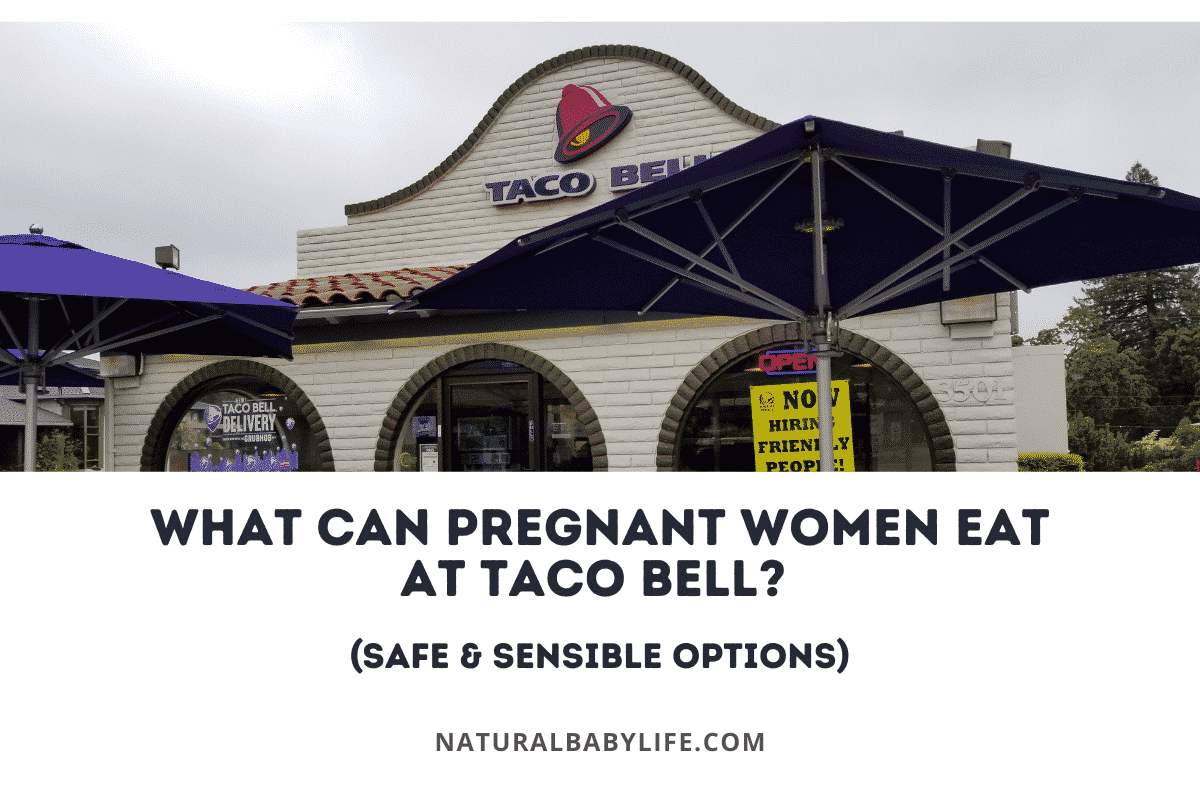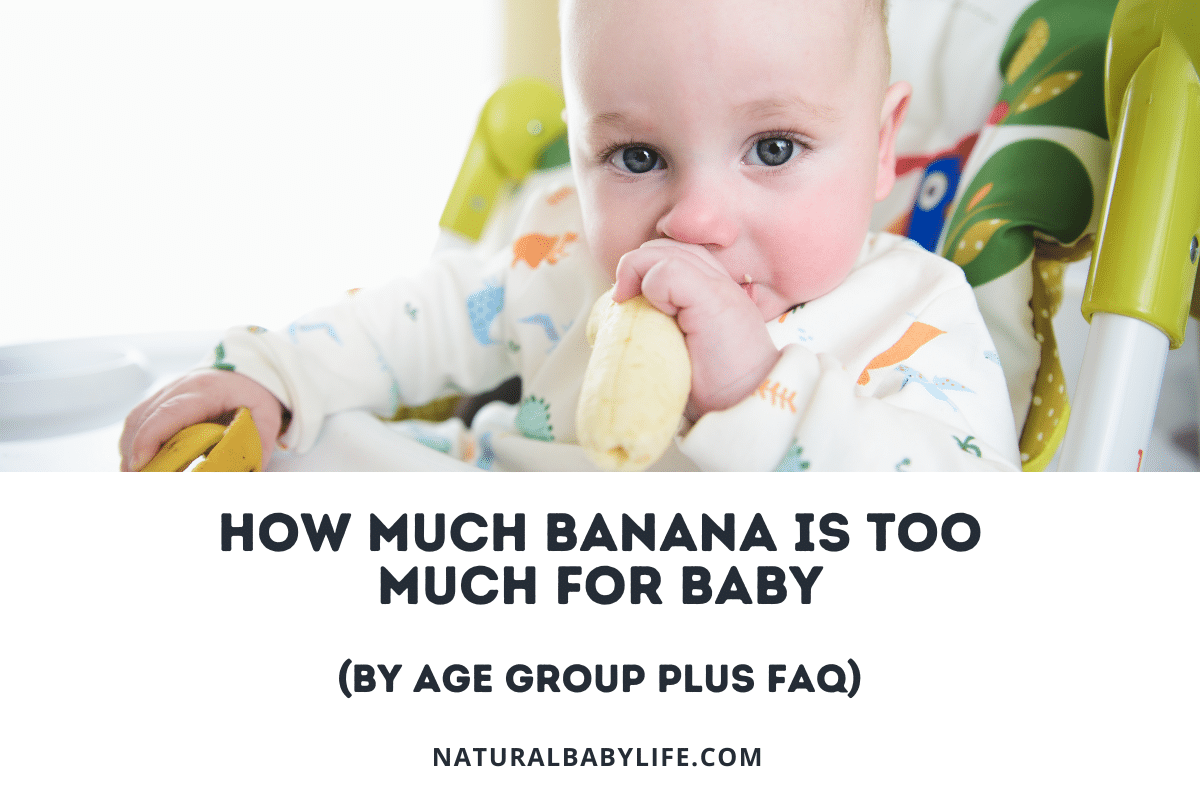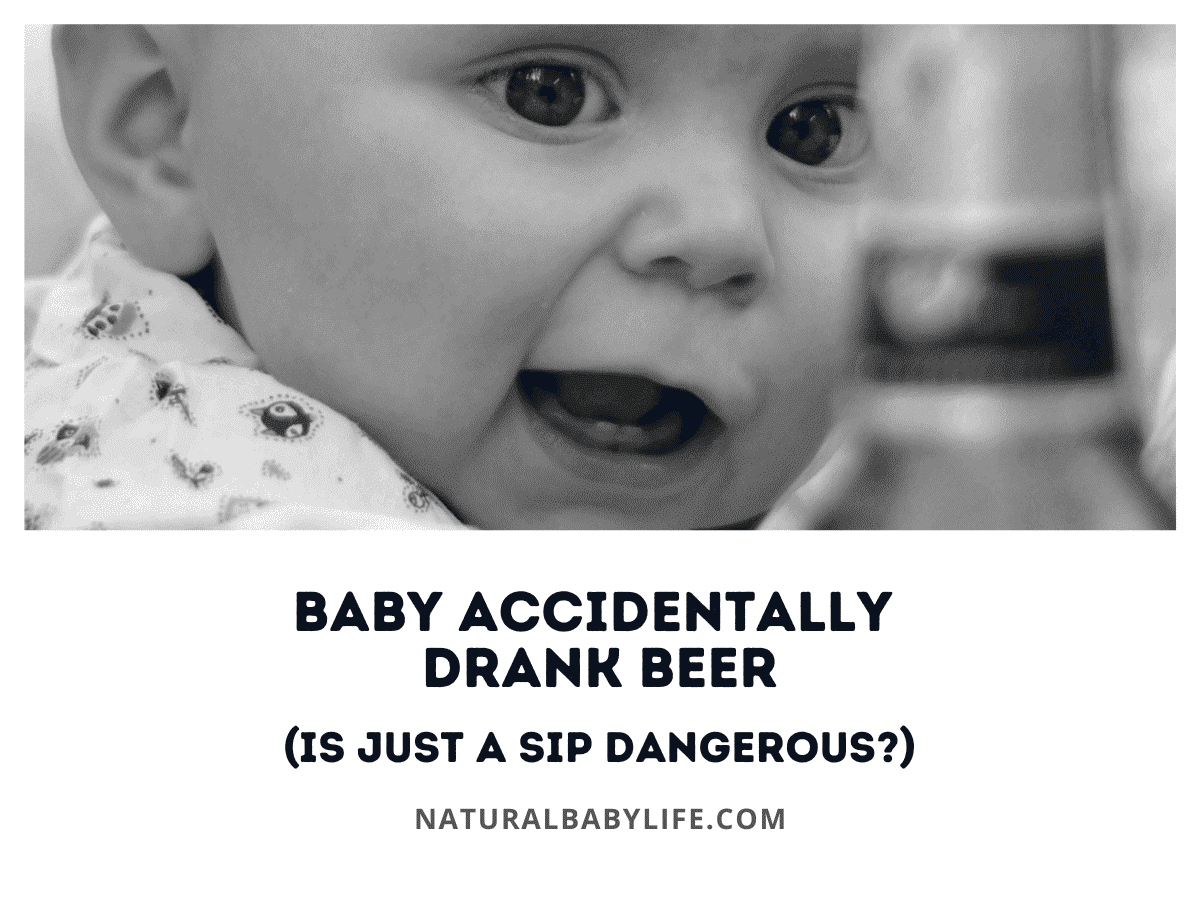If you are wondering why your baby only wants to eat sweet foods, you are not alone. In fact, the issue may be more common than you think. But why is this so? And how can you make sure your child doesn’t consume too much sugar?
By the time they start consuming solid foods, most children are already predisposed to prefer sweeter foods because of the flavors of breastmilk and formula. There are several things you can do to ensure that your baby does not consume too much natural or added sugars as overconsumption can lead to major health issues throughout their life.
Read on to find out why your baby only likes sweet food, which foods are healthier for them, why some kids develop a sweet tooth, and what you can do about it.
Table of Contents
My baby only wants to eat sweet foods
Many babies and toddlers seem to develop a taste for or prefer eating only sweet foods.
This preference, while it can be alarming, is quite natural and normal. While it is partly inherent to their biology, it is also partly shaped by each family’s eating habits.
Thankfully, there are some things you can do to help your child reverse course even if they are already well down the path of becoming loving sugar way too much. Parents have much control over their child’s diet and even the development of their taste buds through the methods we will detail later on below.
Why do babies prefer sweet foods?
By the time they begin to try solid foods, babies often already have a preference for sweeter flavors.
The simple reason why many babies learn to prefer sweet foods is that they develop a taste for sweet flavors from their breastmilk or formula.
There is also evidence to suggest that in fact babies are born predisposed to liking sweet flavors to attract them to their mother’s milk. In addition, this preference for sweet foods is also driven by a hard-wired instinct to seek natural high energy sources.
Keep baby from developing a sweet tooth
Many parents try to avoid feeding their baby sugary sweet foods, hoping that this will help them want to eat healthier foods later on. After all, if they’ve never tried a certain food, they won’t know what they’re missing, right?
While there is some truth to this myth in that feeding your baby a wide variety of foods when they are younger can result in an older child who actually likes broccoli, there is also no harm in letting them enjoy a sweet treat every once in a while.
In other words, no need to be upset if grandma sneaks your baby or toddler a few pieces of chocolate or a juice box whenever she visits.
In general, it is a good idea to offer sweet foods in moderation, try to reserve sweets like cake and cookies for special occasions, don’t give candy for rewards, and make water the primary beverage in your home.
In addition, if you want the best chance at keeping your baby from developing a sweet tooth, never give sweet foods to try and calm an upset child. This will only teach them to associate sweet goods with comfort.
The best thing you can do is keep sugary snacks and candy out of the house in the first place, which will help everyone in the whole family eat healthier anyway! Kids learn from what they see and modeling good behavior can start now while they are young.
How much sugar is safe for babies
Sugar adds up fast, and there is no amount of added sugar that is recommended as healthy for babies and young toddlers.
Natural sugars, such as those found in fruit juice, are OK in moderation. Experts recommend 4 ounces of juice or less for babies older than 1 year.
The recommended daily allowance of sugar for children between the ages of 2 and 18 is any amount less than 25 grams (6 teaspoons) of added sugar a day. But what exactly is added sugar?
Keep in mind that there are lots of foods, such as jello, that include a lot of sugar with little nutritional benefit.
Natural sugar versus added sugar
Natural sugar refers to any form of sugar that is found naturally in foods like milk and fruit.
Added sugar is any form of sugar that is added to processed foods during the manufacturing process. It can have many names and can be identified by checking the product label.
Some of the names to watch out for include: high-fructose corn syrup, malt sugar, raw sugar, turbinado, dextrose, sucrose, and other ingredients ending in “ose.” They are metabolized very differently by the body and can lead to a whole host of health problems from hyperactivity to heart issues.
Processed foods, including many cereals, snacks, and purees made for babies, can be surprisingly high in added sugar. The more you can avoid these foods and make your own, the better. Most children eat more sugar than they should, simply because of these added sugars in their favorite processed foods and drinks.
What sweet foods are good for babies?
Thankfully, there are better options for sweet foods than sugary snacks and drinks.
If you’re looking to indulge your baby’s sweet tooth, and get some healthy food into them at the same time, try these sweet treats instead:
- Applesauce – Apples are loaded with potassium, fiber, and Vitamin C.
- Mandarin oranges – High in Vitamin C and Vitamin A.
- Berries – High in fiber, antioxidants, and Vitamin C.
- Grapes (halved for safety of course) – Full of Vitamin C and Vitamin K.
- Sweet potatoes – Chock full of Vitamin A, beta-carotene, fiber, and Vitamin B.
- Bananas – High in Vitamin B, potassium, magnesium, and fiber.
- Unsweetened coconut milk – High in calcium, potassium, and magnesium.
- Yogurt (look for a brand that is low in added sugar) – Provides probiotics, calcium, and protein.
What sweet foods should be avoided?
Now that you know what sweet foods your little one can eat, which ones should they avoid?
Here are some of the worst offenders for babies and toddlers:
- Sugary cereals – Even cereals specifically marketed for kids can be unhealthy for them; in fact sometimes they are the worst offenders. Look for baby oats, oatmeal, or cereals with low sugar instead.
- Soft drinks – Sugary sodas are some of the worst culprits for added sugars; there’s just no reason why your little one should be drinking them. If your little one just hates drinking water, cow’s milk or unsweetened coconut milk can be a good substitution instead.
- Fruit juice (in moderation) – High amounts of fruit juice will quickly lead to too much sugar intake. Try to limit fruit juices to less than 4oz per day, and watering them down can help.
- Candy – Aside from being a choking hazard and horrible for your little one’s teeth, candy contains too much added sugar for your baby. If you must, let your baby nibble on a square of chocolate instead.
- Ketchup – This may be one you did not think of, however, ketchup can add a very large amount of sugar to your child’s diet if they like to put it on everything. Luckily, there are tons of low- or no-sugar-added formulas on the market, or you can make your own.
- Cakes and cookies – Like any of us, it can be hard to know when to stop. Once you taste something as amazing as cake or cookies, you just want more. But packaged cookies from the store and that cake fresh from the bakery come loaded with added sugar. If you really want to treat your little one, look for a no-sugar cake mix or substitute applesauce in your own recipe. Cookies without added sugar can usually be found on the health food aisle, or made by substituting with maple syrup.
When is it safe to give babies sweets?
Of course, at times you want to let your little one indulge in a few sweet treats. Whether it’s Thanksgiving dinner, a sibling’s birthday party, or just a visit to grandma’s house, at what age is it safe to allow the occasional bit of cake or cookie?
As long as you aren’t making it a habit, your child should be able to try the rare treat after the age of 1 year.
You would certainly want to wait until at least 6 months of age, especially as they are just beginning to have solid food around this time.
Are sweets bad for babies?
As you are likely already aware, a diet that is too high in sugars – even natural ones – can have major effects on your child’s health.
Some possible consequences of too much sugar consumption include:
- Tooth decay – Eating and drinking too many sweets, especially without proper attention given to dental care at bedtime, can lead to early childhood caries. Sugar helps bacteria grow, and though it may be tempting, sending your child to bed with a bottle of juice or even milk is not good for their teeth.
- Excess weight gain – It should go without saying, but too much added sugar also leads to too much weight gain and even childhood obesity. This is because sugar offers empty calories with no nutritional value.
- Increased risk of juvenile diabetes – Although the effects may not present themselves until much later on, starting your child off on a foundation of consistently exceeding the daily recommended sugar intake will drastically increase their risk for developing diabetes.
- Heart conditions – Again, although these effects wouldn’t show up until later, too much sugar is bad for your baby’s heart. High amounts of sugar can affect the heart by raising blood pressure and increasing inflammation.

